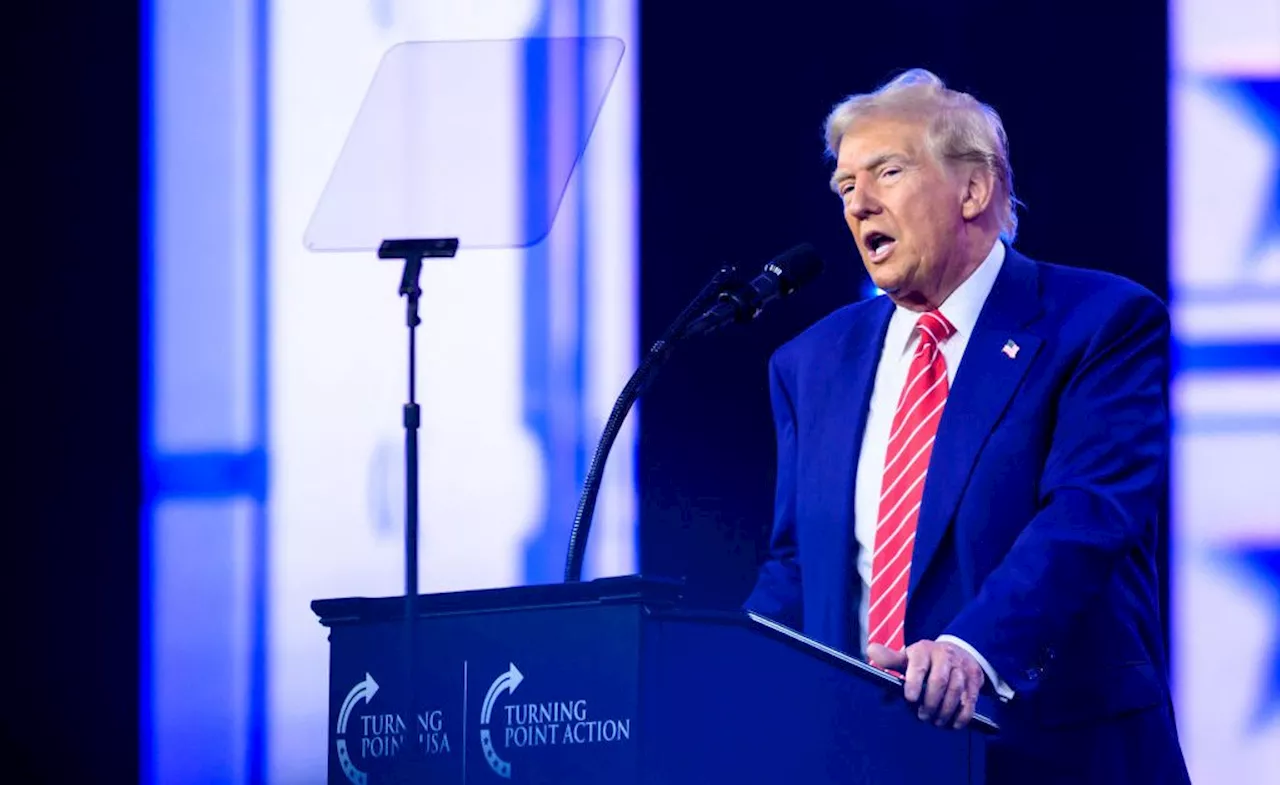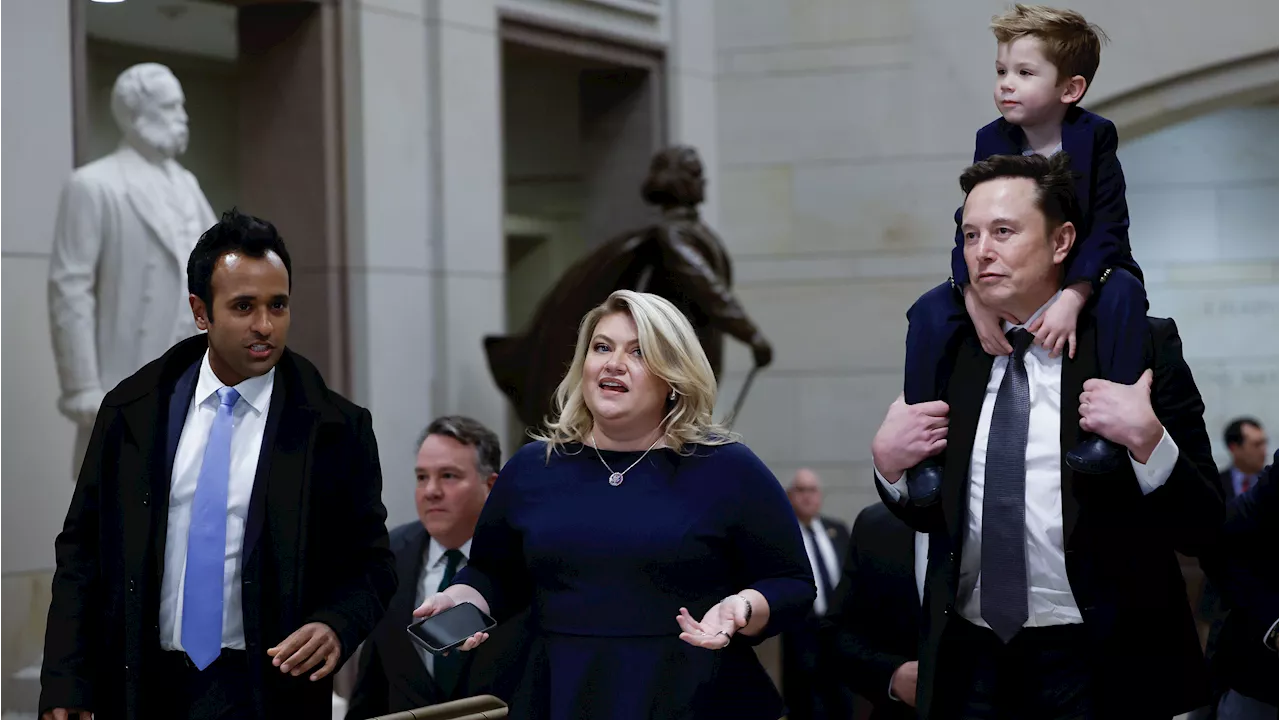Despite common claims, a new report reveals that U.S. allies make significant contributions to global security beyond just defense spending. The report analyzes various factors, including military capabilities, peacekeeping missions, and economic sanctions enforcement, to provide a more accurate picture of allied contributions.
The writer is a senior researcher at Rand Corporation. He was previously CEO of the Aspen Institute Germany (2007—13), and senior adviser to the US assistant secretary of state for near eastern affairs (2002—07). It’s become a common refrain in the US: our allies don’t contribute enough to the costs of global security. But that claim doesn’t stand up to scrutiny. Look closely at what each ally actually provides, and the reality is different to what many might think.
The sense that our allies aren’t doing enough comes from one number: 2 per cent. That’s how much every Nato country has pledged to spend on defence as a percentage of its GDP. Twenty-three of the 32 members hit that target last year, up from three a decade ago. But that goal has never been a great way to measure how much allies really contribute to global security. To understand why, imagine two countries. One spends 2.1 per cent of its GDP on defence, mostly to maintain ageing equipment and pay pensions to military retirees. The other spends just 1.9 per cent, but it has a well-trained army, modern equipment and a top-of-the-line military drone industry. The first country satisfies the two percenters, but no commander in the world would prefer it as an ally over the second country. Can we identify what each country contributes to our shared defence with more precision than just lifting a number from government budgets? In a report for the Office of the Secretary of Defense, Rand calculated the security-oriented contributions and capabilities of our global alliances, from submarines to satellites. We counted every tank, tanker and tactical aircraft. We included total defence spending, but also contributions to peacekeeping missions and the costs of enforcing economic sanctions. When we recently updated and re-ran the numbers from our original 2017 report, we found that the US share has been decreasing since the end of the cold war, when it stood at 53 per cent. By 2023, it was around 39 per cen
ALLIANCE DEFENSE SPENDING GLOBAL SECURITY NATO US ALLIES
United Kingdom Latest News, United Kingdom Headlines
Similar News:You can also read news stories similar to this one that we have collected from other news sources.
 Alcohol and substance use contribute to rising e-scooter and e-bike injuriesThe numbers of e-scooter and e-bike injuries have tripled in the US since 2019, fuelled by alcohol and substance use, finds a nationwide analysis of emergency department visits, published online in the journal Injury Prevention.
Alcohol and substance use contribute to rising e-scooter and e-bike injuriesThe numbers of e-scooter and e-bike injuries have tripled in the US since 2019, fuelled by alcohol and substance use, finds a nationwide analysis of emergency department visits, published online in the journal Injury Prevention.
Read more »
 City slammed for saying Rushcliffe should contribute to Riverside FestivalFireworks and live music were among the elements of the iconic festival cancelled by Nottingham City Council in 2024
City slammed for saying Rushcliffe should contribute to Riverside FestivalFireworks and live music were among the elements of the iconic festival cancelled by Nottingham City Council in 2024
Read more »
 Jingle bills: One in four Britons 'comfortable' asking Christmas Day guests to contribute to cost of...More than one in four Britons are prepared to ask Christmas Day guests to contribute to the cost of the festive meal, a survey has revealed.
Jingle bills: One in four Britons 'comfortable' asking Christmas Day guests to contribute to cost of...More than one in four Britons are prepared to ask Christmas Day guests to contribute to the cost of the festive meal, a survey has revealed.
Read more »
 Trump's Return to Power Poses a Dilemma for Ukraine's AlliesThe potential for a Trump-brokered peace deal between Russia and Ukraine raises concerns about its terms and potential implications for Ukraine's sovereignty and security.
Trump's Return to Power Poses a Dilemma for Ukraine's AlliesThe potential for a Trump-brokered peace deal between Russia and Ukraine raises concerns about its terms and potential implications for Ukraine's sovereignty and security.
Read more »
 Trump Eyes Greenland Purchase, Renewing Disputes with AlliesPresident-elect Donald Trump has expressed interest in buying Greenland from Denmark, citing national security concerns. This move follows his suggestion to potentially reclaim control of the Panama Canal. Critics argue Trump's aggressive approach towards friendly nations resembles his business tactics.
Trump Eyes Greenland Purchase, Renewing Disputes with AlliesPresident-elect Donald Trump has expressed interest in buying Greenland from Denmark, citing national security concerns. This move follows his suggestion to potentially reclaim control of the Panama Canal. Critics argue Trump's aggressive approach towards friendly nations resembles his business tactics.
Read more »
 Tech Divide: Trump Allies Clash Over H-1B Visas and 'Excellence' in AmericaA heated debate erupted within the MAGA movement over H-1B visas and the perceived state of American talent, fueled by Vivek Ramaswamy's criticism of 'mediocrity' and Elon Musk's call for global talent recruitment. The controversy stems from Trump's appointment of Sriram Krishnan, a venture capitalist, to a key AI policy role, sparking racially charged backlash from some Trump supporters.
Tech Divide: Trump Allies Clash Over H-1B Visas and 'Excellence' in AmericaA heated debate erupted within the MAGA movement over H-1B visas and the perceived state of American talent, fueled by Vivek Ramaswamy's criticism of 'mediocrity' and Elon Musk's call for global talent recruitment. The controversy stems from Trump's appointment of Sriram Krishnan, a venture capitalist, to a key AI policy role, sparking racially charged backlash from some Trump supporters.
Read more »
